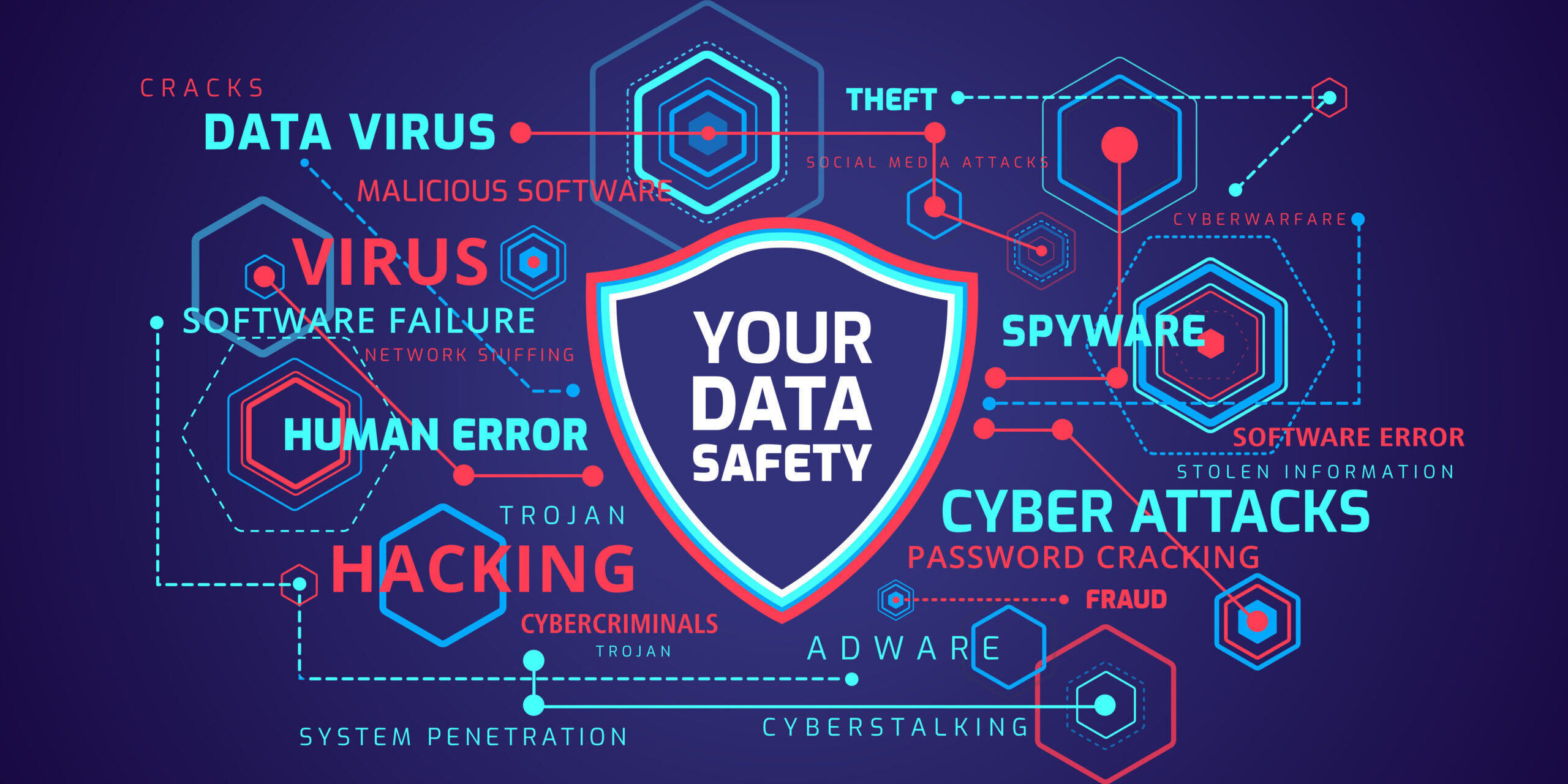Insightful Perspectives
Explore a world of engaging news and informative articles.
Hackers in Pajamas: Are You Safe in Your Digital Home?
Uncover the truth about online security! Are hackers lurking in your digital home? Find out how to stay safe and secure today!
Top 10 Cybersecurity Tips for Protecting Your Home Network
In today's digital age, securing your home network is more crucial than ever. With the increasing number of connected devices, it's essential to implement strong cybersecurity measures to protect your personal information. Here are the Top 10 Cybersecurity Tips for enhancing your home network security:
- Change Default Login Credentials: Most routers come with default usernames and passwords. Be sure to change these to something unique and complex to reduce unauthorized access.
- Enable WPA3 Encryption: Always use the latest encryption standards, like WPA3, for your Wi-Fi network to secure your data transmission.
- Update Router Firmware: Regularly check for firmware updates for your router to patch any vulnerabilities.
- Disable Remote Management: Turn off remote management features on your router unless absolutely necessary to mitigate external access threats.
- Use a Guest Network: Set up a separate guest network for visitors. This prevents unauthorized access to your main network and keeps your devices safe.
- Monitor Connected Devices: Regularly check the list of devices connected to your network and remove any that you do not recognize.
- Employ Strong Passwords: Use complex, unique passwords for all your devices, leveraging a mix of letters, numbers, and symbols.
- Activate Network Firewalls: Utilize built-in firewalls in your router and devices to add an extra layer of security against cyber threats.
- Consider VPN Usage: A Virtual Private Network (VPN) can help mask your IP address and encrypt your online activity, enhancing overall security.
- Educate Your Family: Make sure everyone in your household understands the importance of cybersecurity practices and safe browsing habits.

Are Your Smart Devices Making You Vulnerable to Hackers?
In today's digital age, smart devices have become an integral part of our daily lives, from smart speakers to connected home security systems. However, these innovations come with a significant vulnerability to hackers. When we connect these devices to the internet, we effectively open a gateway that can be exploited by cybercriminals. With the growing number of devices, managing their security has become increasingly complex. It is crucial for users to understand that every smart device can potentially serve as an entry point for hacking attempts, especially if proper security measures are not taken.
To protect yourself from cyber threats, it's essential to adopt some best practices. For instance, always change the default passwords of your smart devices, as they are often easy for hackers to guess. Additionally, keep your device firmware up to date to ensure you have the latest security patches. Consider implementing a separate Wi-Fi network for your smart devices to isolate them from your primary internet-connected devices, reducing the risk of a widespread breach. By being proactive about your devices' security, you can significantly decrease the likelihood of falling victim to cyberattacks.
How to Create a Strong Password: Tips to Secure Your Digital Home
Creating a strong password is essential for safeguarding your online accounts and protecting your digital home from potential cyber threats. To start, consider using a mix of uppercase and lowercase letters, numbers, and special characters. A good rule of thumb is to aim for a password that is at least 12 to 16 characters long. Additionally, avoid using easily guessable information, such as birthdates or common words. Instead, think of a random phrase or an acronym that has personal significance to you that would be difficult for others to discern.
Another effective tip for creating a strong password is to utilize a password manager. These tools can generate complex passwords on your behalf and store them securely, so you don’t have to remember each one. If you prefer to create your own passwords, consider using a passphrase—a combination of unrelated words that you can easily remember but are difficult for others to guess. Lastly, ensure that you update your passwords regularly and enable two-factor authentication wherever possible to add an extra layer of security to your digital home.